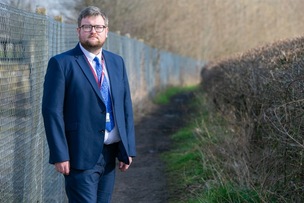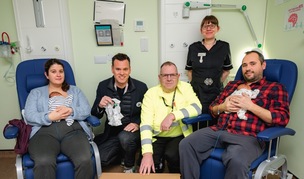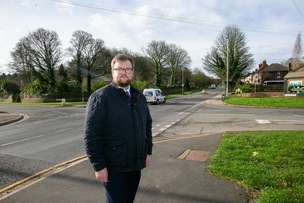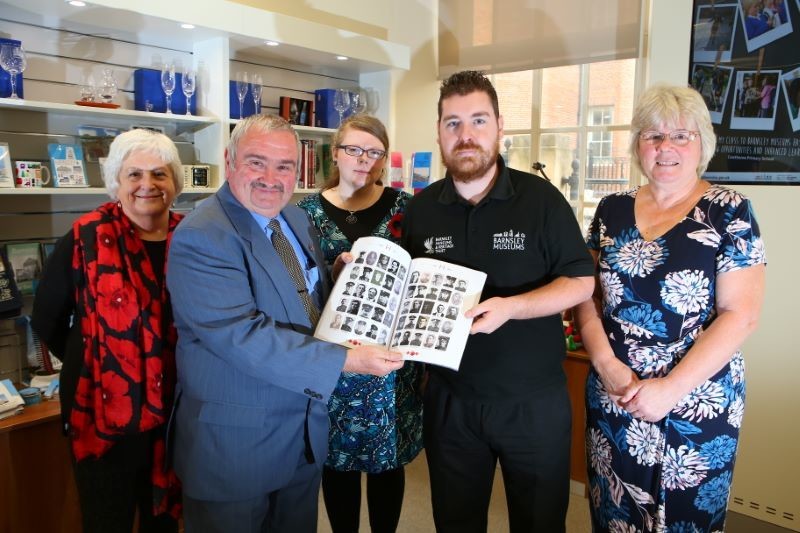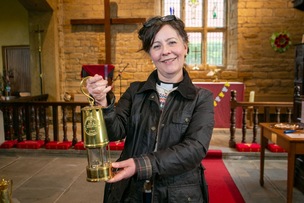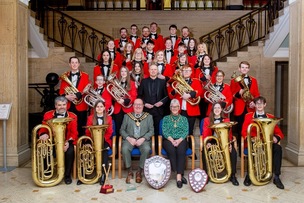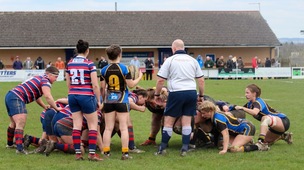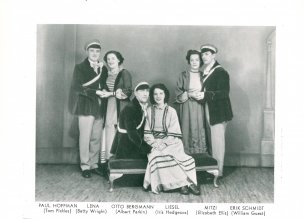THE names of almost 4,000 Barnsley men killed during the First World War have been honoured together for the first time in one single Roll of Honour in time for the centenary of the signing of the Armistice on Sunday.
The Roll of Honour, put together by the volunteers at the Barnsley War Memorials Project, is the first attempt to honour every soldier from Barnsley who fell in the First World War in one document coming more than 90 years after the idea was first proposed in 1922 by then-Mayor of Barnsley, Sam Jones.
BWMP member Carole Gude said: “For every soldier who has living relatives there are a lot of men who nobody knows about, but they’re all equal in here, regardless of social status or military rank.
“It’s very rewarding and we’re all really proud of being involved. You can see the difference it makes to people when they look through and see their relatives or someone they knew.
“We are hoping those people will be motivated to find out more about them.”
The Roll of Honour was handed over to the archives at the Experience Barnsley museum in the town hall this week.
Volunteers said they were pleased to finally make it available to the public after four years of work identifying 3,870 names from more than 600 war memorials around Barnsley, as well as newspapers, absent voter lists and census records.
There was a draft copy produced in November last year and placed in libraries and the archives, and the group made additions to the roll as people read it.
Alongside the names of the soldiers, the finished copy includes more than 1,900 photographs found in newspaper articles many from the Chronicle, military records, school photos and family photos that people sent in.
Each name has its source listed underneath, so people can begin their own research.
“This is the tip of the iceberg,” Carole said. “For each member listed we have a whole mass of information which isn’t in the book and there is the possibility we will produce a website with a lot more information for each person.
“We haven’t included a lot of that because we would probably need about five volumes to do so.
“It’s interesting that the more you investigate people’s life stories the more you are pulled into it. It got to the point where we could see a photo and identify the person.”
As the group delved into the records they became fascinated by the stories of the men, starting from a simple name sometimes even a single initial and a surname.
Member Gill Brookes said: “We have all gotten distracted and gone off on tangents.
“It’s surprising that when some people say they didn’t have a family member who died in the war, you spread out the branches of the family tree and find a long-lost relative.
“Some men used aliases and some records are wrong. You find out that some men who are listed as dying in newspaper reports didn’t actually die.”
Gill said the work had been a ‘labour of love’ but the group could not guarantee its conclusiveness.
She added: “We have had dozens of volunteers working through those four years.
“We had people transcribing the copies of the Chronicle in the archives and every time a soldier was mentioned making a note of it. It’s been absolutely manic at points trying to get it done in time.
“It’s possible that as time goes on some new information comes to light. We could have done it for another four years but you can’t sit and read newspapers forever.”
Mayor of South Yorkshire Dan Jarvis praised the book, saying it was an ‘important part of the process by which we remember those young men from Barnsley who lost their lives in the First World War’.
“It is right and fitting that their names will now be contained in our town’s historical record for future generations and historians alike to make use of,” he said.
“I am glad that, over 90 years since the roll was first proposed, it has now come to fruition.
“In this centenary year of the end of the First World War, it is vital that we come together to remember a generation who made the ultimate sacrifice and the Roll of Honour will support that act of Remembrance.”
Copies of the book have been sent to local libraries and history societies, as well as a copy given to the Royal British Legion and the one in the archives, and the BWMP said they were exploring the idea of doing a short print run for sale to the public.



